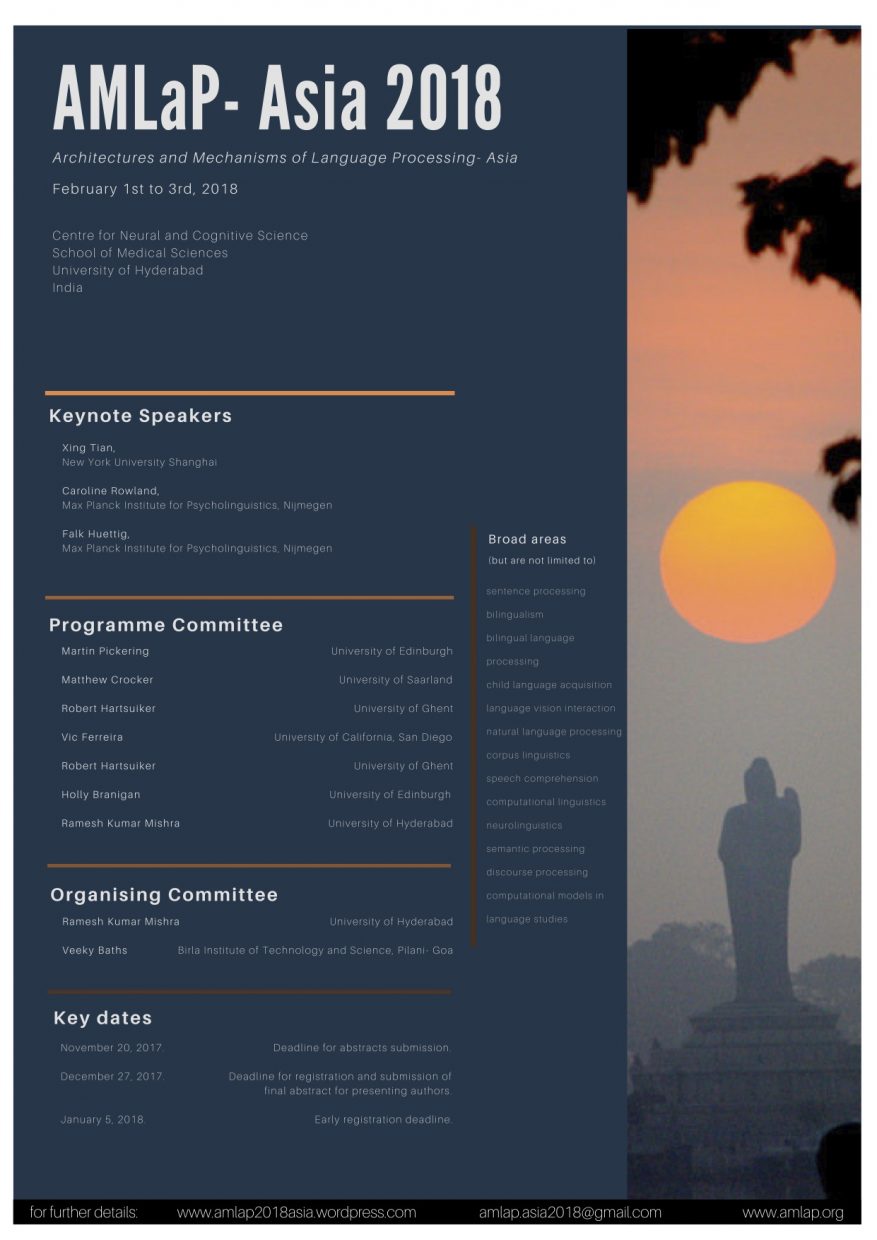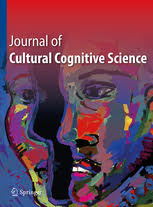Update: Deadline for abstract submission is extended until April 30, 2022
We have missed you and we are very happy to announce that the 12th Mental Lexicon
conference will be held in person, beginning on the evening of October 11 and
concluding in the afternoon of October 14, 2022 in Niagara-on-the-Lake, Ontario,
Canada.
The conference will bring together psycholinguistic, neurolinguistic, and computational
research on the representation and processing of words in the mind/brain. The
conference encourages a variety of perspectives on lexical representation and
processing.
More than just a conference. Almost 25 years ago, the International Conference on the
Mental Lexicon was created with the goal of establishing a collegial and supportive
environment for the reporting and development of cutting-edge research on lexical
representation and processing. The planning of the Twelfth International Conference on
the Mental Lexicon is built upon that tradition, particularly now that we emerge
nationally and internationally from a period in which it has been very difficult to hold in-
person meetings and to interact with colleagues.
The conference will be fully in-person. As in the past, there will be no parallel sessions,
so that we can maximize interaction among all attendees. Special sessions will be
designed to advance the careers of students and post-doctoral fellows, and the
conference will include planning sessions for new collaborative international initiatives.
A conference setting in Canadian Wine Country. This is the second time this conference
will be held in the Niagara region in Canada, and it is our hope that the natural beauty
and history of this wine-making region and the comfort of the Georgian-style hotel
venue will add to your enjoyment of the event.
Airport Access from Canada and the USA. Niagara-on-the-Lake is near the Canada-USA
border. It is about 20 kilometers from Niagara Falls, 60 kilometers from Buffalo, New
York, and 120 kilometers from Toronto, Canada. It is served by two large airports:
Toronto and Buffalo, as well as by Hamilton Airport.
Abstract deadline is April 30, 2022. As in previous meetings, the conference will
include both 15-minute platform presentations and poster sessions each day. The
deadline for receipt of abstracts is April 30, 2022. The abstract submission page is
already open. Please consult the Abstract Submission Guidelines on the conference
website and submit your abstract at https://mentallexicon.artsrn.ualberta.ca/
Up-to-date information can be found at the conference website
https://mentallexicon.artsrn.ualberta.ca/ or you can contact us by email at
mentallexicon2022@gmail.com
We are hoping to see you in Niagara-on-the-Lake in October!
Organizers: Lori Buchanan, Victor Kuperman, Gary Libben
SOME LINKS TO THE VENUE:
Here is a link to the Conference Venue (Queen’s Landing Hotel)
http://www.vintage-hotels.com/queenslanding/
Here is a link to a Niagara-on-the-Lake tourism website
http://www.niagarafallstourism.com/about/niagara-on-the-lake/
Here is a link to the Niagara-on-the-Lake Shaw theatre festival
http://www.shawfest.com/





